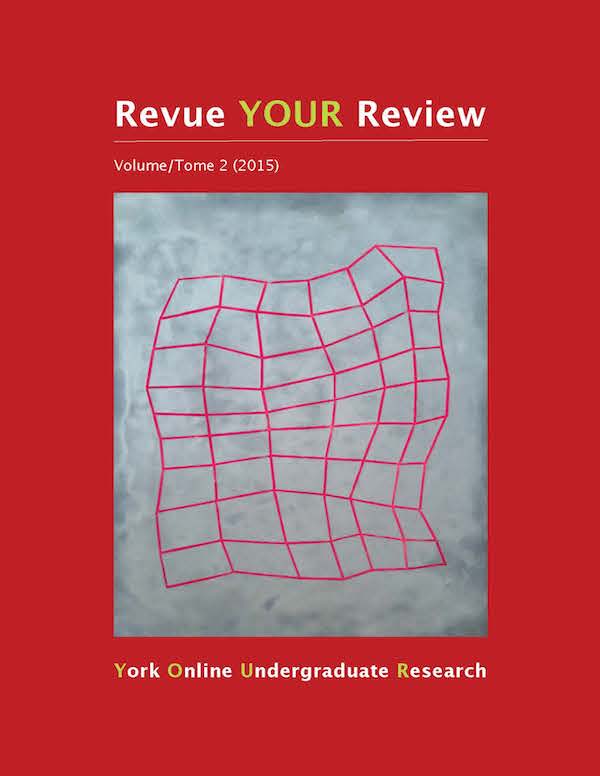Environmental Interest Groups and U.S. Foreign Policy: A Case Study of the National Resources Defense Council (NRDC)
Abstract
This paper discusses environmental interest groups’ influence on U.S. foreign policy behaviour. Environmental interest groups have long been pushing for state-level responses to transnational environmental problems such as climate change and changes to the marine environment. The nature of contemporary environmental problems is forcing states to act both independently and in collaboration with other state and non-state actors. In the U.S., the prominent environmental interest group, the National Resources Defense Council (NRDC), has become a strong voice for environmental issues. Since its inception in 1970, the NRDC boasts several victories, including the passing of U.S. Public Law 99-500, October 18, 1996, requiring the U.S. government to set up an early-warning system to prevent federal funding of environmentally harmful multilateral bank projects overseas. My objective is to understand if the activities of the NRDC successfully influence U.S. foreign policy behaviour. I identified five case studies from the 2011 NRDC Annual Report and from the NRDC website by applying several filters. I then constructed a timeline and collected information that indicated U.S. foreign policy behaviour including press releases, presidential memorandums, directives, congressional hearings, legislation, and participation in conventions and treaties. Using a methodology inspired by Porter and Gareth (1996) to categorize my results, I conclude that the NRDC does not consistently influence the U.S. to act as a lead state in solving transnational environmental problems.
Downloads
How to Cite
Issue
Section
License
Authors contributing to Revue YOUR Review agree to release their articles under one of three Creative Commons licenses: Creative Commons Attribution 4.0 International; Creative Commons Attribution-NonCommercial 4.0 International; or Creative Commons Attribution-NoDerivatives 4.0 International. All editorial content, posters, and abstracts on this site are licensed under Creative Commons Attribution-NoDerivatives 4.0 International. For further information about each license, see:
https://creativecommons.org/licenses/
In all cases, authors retain copyright of their work and grant the e-journal right of first publication. Authors are able to enter into other contractual arrangements for the non-exclusive distribution of the e-journal's published version of the article (e.g., post it to an institutional repository or publish it in a book or in another journal), with an acknowledgement of its initial publication in this e-journal.


